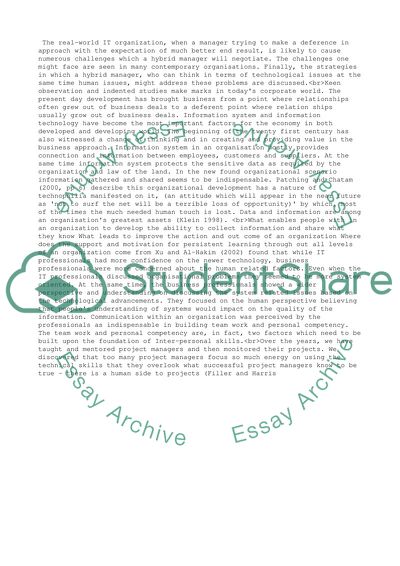Cite this document
(“Information System project interpersonal skills Essay”, n.d.)
Information System project interpersonal skills Essay. Retrieved from https://studentshare.org/business/1528015-information-system-project-interpersonal-skills
Information System project interpersonal skills Essay. Retrieved from https://studentshare.org/business/1528015-information-system-project-interpersonal-skills
(Information System Project Interpersonal Skills Essay)
Information System Project Interpersonal Skills Essay. https://studentshare.org/business/1528015-information-system-project-interpersonal-skills.
Information System Project Interpersonal Skills Essay. https://studentshare.org/business/1528015-information-system-project-interpersonal-skills.
“Information System Project Interpersonal Skills Essay”, n.d. https://studentshare.org/business/1528015-information-system-project-interpersonal-skills.


